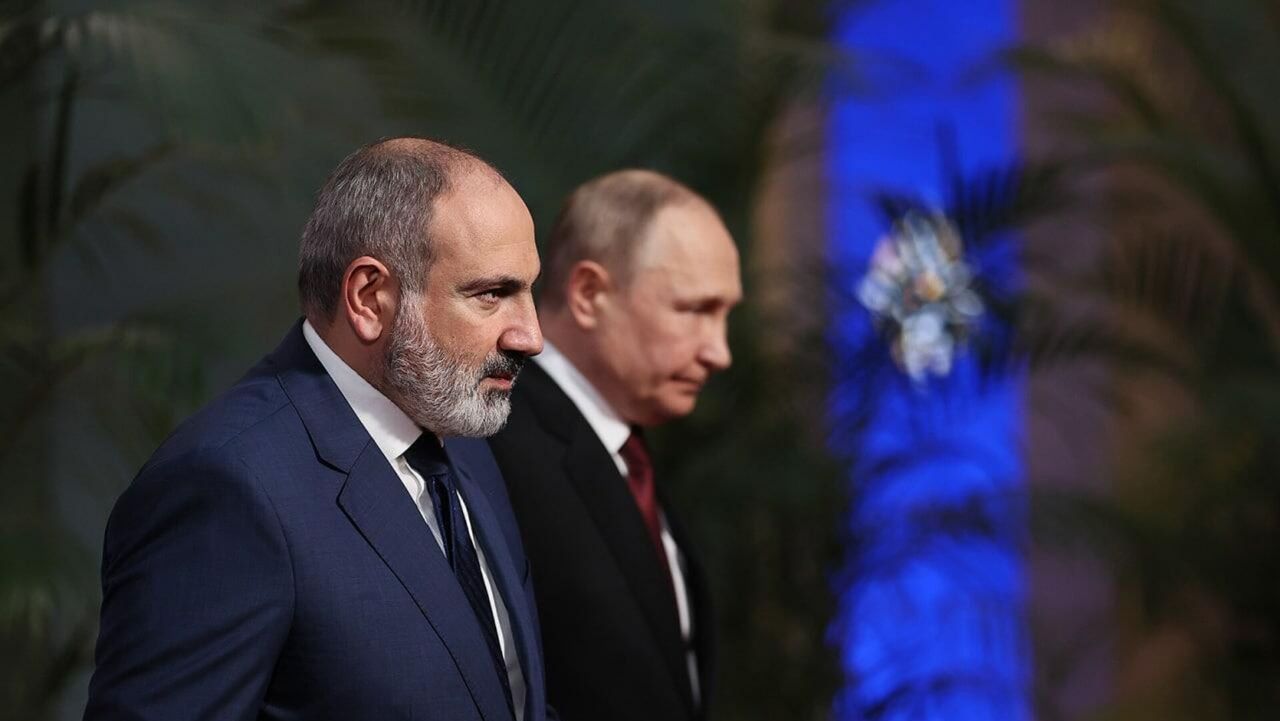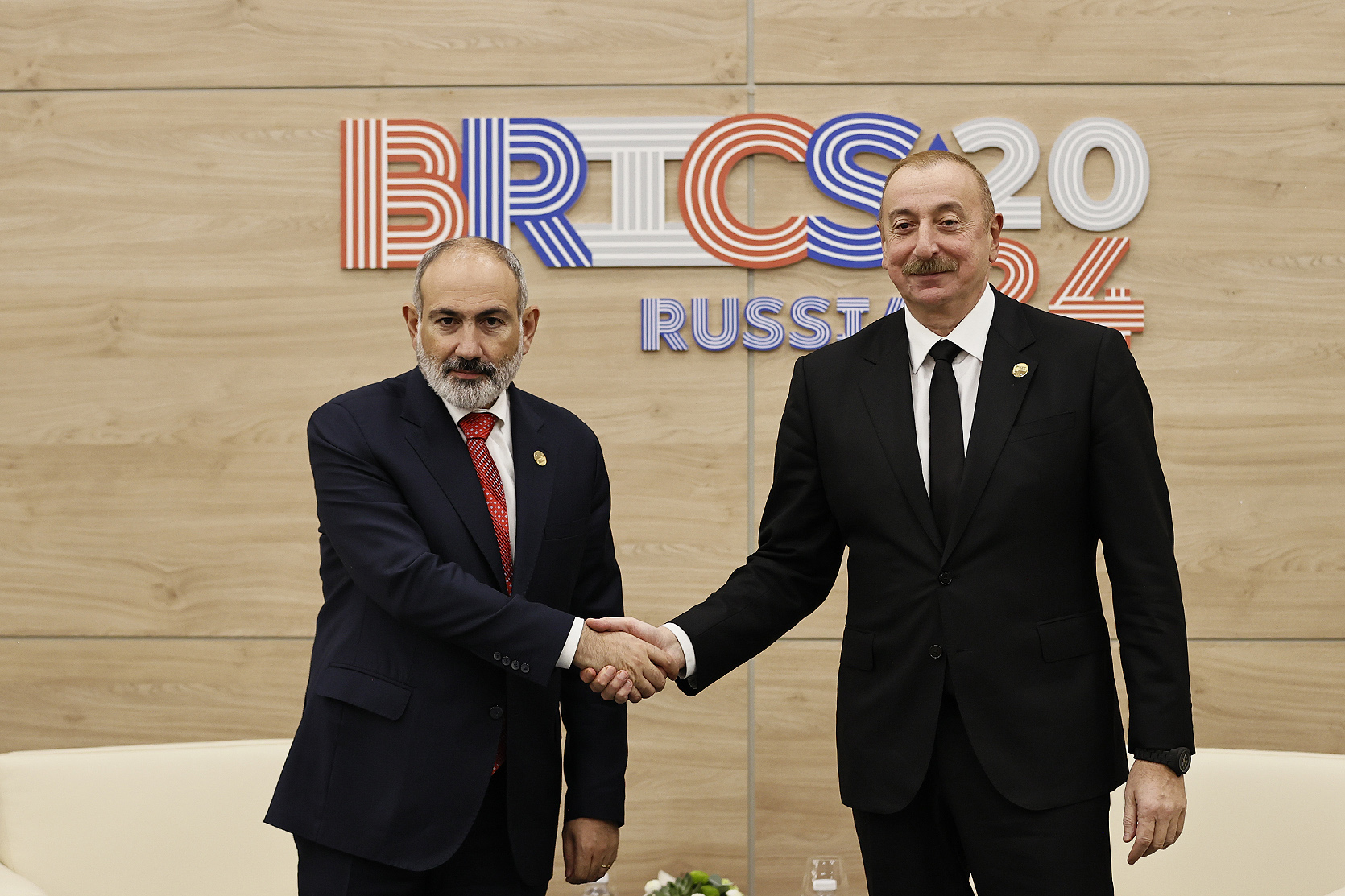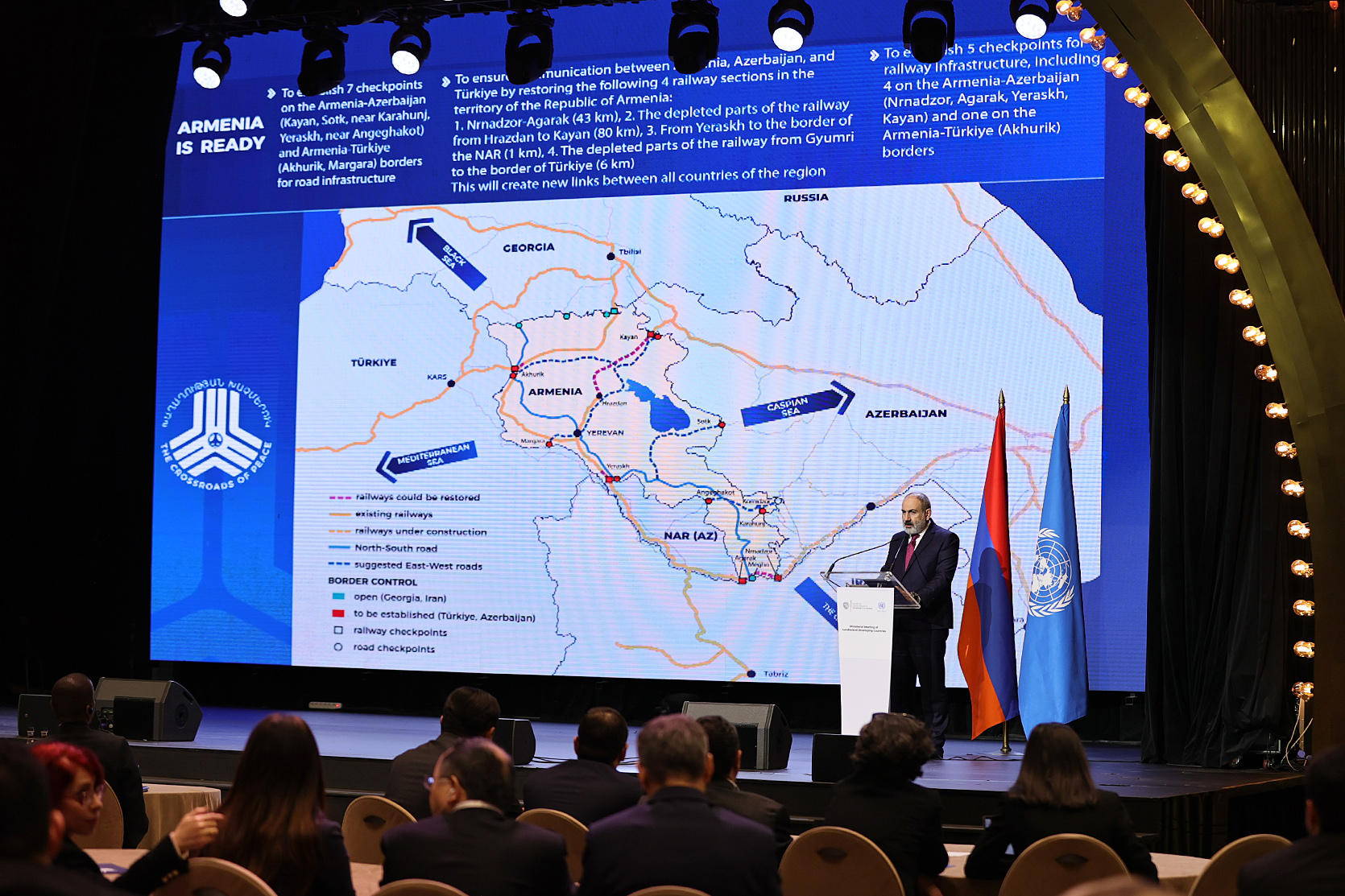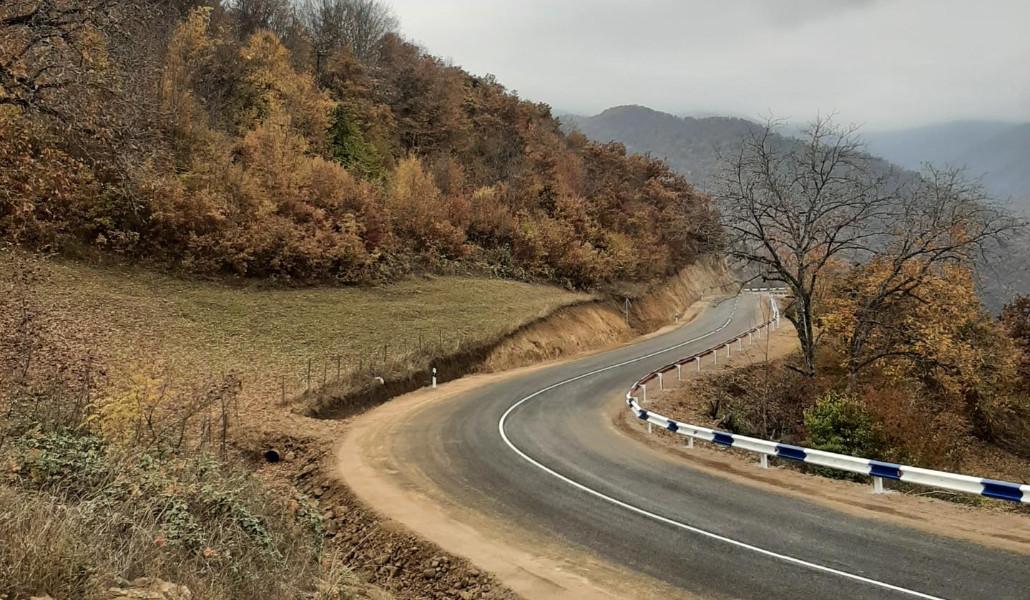Opinion: Russia loses Syria and may take tougher stance in South Caucasus
Syria events’ impact on South Caucasus
“The fall of Bashar al-Assad’s regime, which ruled Syria for over two decades, dealt another blow to Moscow’s authority and its ability to act as a global superpower. Russia has lost a key foothold in one of the most critical regions, the Middle East, further diminishing its claim to superpower status. This is bound to affect Russia’s influence and position in the South Caucasus,” political analyst Robert Gevondyan of the Centre for Security Policy Research told JAMnews.
According to him, the developments in Syria give Yerevan reason to reconsider its relationship with Russia, whose influence in Armenia remains significant.
On 8 December, Syrian militants announced control over Damascus, prompting President Bashar al-Assad to flee the country. On 9 December, it was revealed that Assad and his family had sought refuge in Moscow, where Russia granted them asylum.
Syrian Prime Minister Mohammad Ghazi al-Jalali stated that the “government is ready to cooperate with any leadership chosen by the people.” The military operation that led to Assad’s overthrow was led by 42-year-old Abu Muhammad al-Jolani, leader of Hay’at Tahrir al-Sham, a group designated as a terrorist organization in several countries, including the United States.
- Pashinyan’s response to Putin’Armenia has passed the point of no return’
- Opinion: “After Georgia, Russia will target Armenia”
- Yerevan: direct talks with Baku on unblocking routes “possible”
Will Moscow try to maintain influence in South Caucasus?
According to political analyst Robert Gevondyan, Moscow’s position in the South Caucasus is becoming increasingly fragile. However, he does not rule out that Russia may make every effort to maintain its presence in the region:
“It may take a tougher stance, fighting to preserve its influence in the region.”
At the same time, he believes there is little cause for concern, as the situation in Armenia has already shifted. At the very least, the country’s security system has become independent of Russia.
When asked whether Russia could use Azerbaijan against Armenia, Gevondyan stated that while a Russian-Azerbaijani partnership exists, their positions and interests do not fully align:
“It is unlikely that Azerbaijan would launch military aggression against Armenia solely at Russia’s urging or in line with its interests. Azerbaijan would need its own motivation.”
“Baku unlikely to fight on two fronts”
Robert Gevondyan believes that Baku may attempt to secure the so-called “Zangezur Corridor” from Armenia through military means:
“However, on this issue, there is alignment and shared interests between the West and Iran. Baku is unlikely to challenge them alone, merely as a gesture toward Russia. It appears that even after Trump assumes the presidency, the West and Iran will maintain a united position on the ‘corridor’ issue.”
The “Zangezur Corridor,” as referred to in Baku, is a route through southern Armenia that would connect Azerbaijan with its exclave, Nakhichevan. Armenian authorities have repeatedly stated their willingness to open all routes but firmly reject the term “corridor,” which implies relinquishing control over sovereign territory. However, Azerbaijan and Turkey appear to favor a route allowing passage without Armenian oversight. As a result, the question of forcibly establishing the “Zangezur Corridor” remains unresolved.
While Gevondyan considers it unlikely that Azerbaijan would confront the West and Iran, he does not rule out the possibility of Baku seeking certain agreements with them.
In this context, he emphasizes that Armenian authorities must undertake serious diplomatic efforts to reach a “tripartite agreement with Iran and the West” regarding the route through Armenian territory. He also underscores the importance of progress in Armenian-Turkish relations, advocating for more active engagement in this area.
Turkey’s stance on Syria and ‘Zangezur Corridor’
According to Gevondyan, Turkish and Kurdish forces acted in parallel to overthrow Assad’s regime:
“This means Turkey wasn’t leading the game—the reins were in the hands of a bigger player, the United States. It’s no surprise that various U.S. and EU representatives have already declared the ‘liberation of Syria and the end of a dictatorial regime.’ I don’t believe there’s a direct connection between the events in Syria and the so-called ‘Zangezur Corridor’ or Turkey’s actions to the east.”
The political analyst argues that, unlike the Syrian issue, the West has no interest in opening the “Zangezur Corridor”:
“Western countries do not support granting an extraterritorial corridor through Armenian territory. Iran opposes it as well. Only Russia wants such a corridor to exist under its control. But just as Yerevan is effectively resisting the corridor idea now, leveraging the shared interests of the West and Iran, it will continue to do so in the future.”
He suggests that changes in the Middle East could even create new opportunities. Specifically, Armenia might push more boldly for reopening regional communications on its terms, advancing its “Crossroads of Peace” initiative.
“Ankara has always been a challenge”
Robert Gevondyan emphasizes that Armenia faced various challenges from Turkey even before the fall of Assad’s regime in Syria. He is confident that these challenges will persist in the foreseeable future, and Yerevan should focus on managing them:
“First and foremost, Yerevan and Ankara need to engage in direct dialogue. It would be highly beneficial if this dialogue led to the direct opening of borders, rather than continuing trade through Georgia.”
“Armenia must build ties with Syria’s new leadership”
The political analyst highlights the need for Armenian authorities to work with Syria’s new leadership and develop new approaches:
“Armenia should establish relations with Syria’s new leadership through its Western partners. This is particularly important given our direct interest in the Armenian community in Syria, which numbers several tens of thousands of people.”
Gevondyan expresses hope that the new leadership will remain committed to its promises of making Syria a multi-ethnic state with no discrimination based on nationality or other grounds.
Syria events’ impact on South Caucasus






















